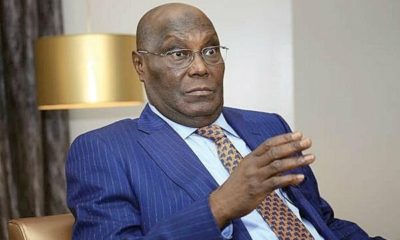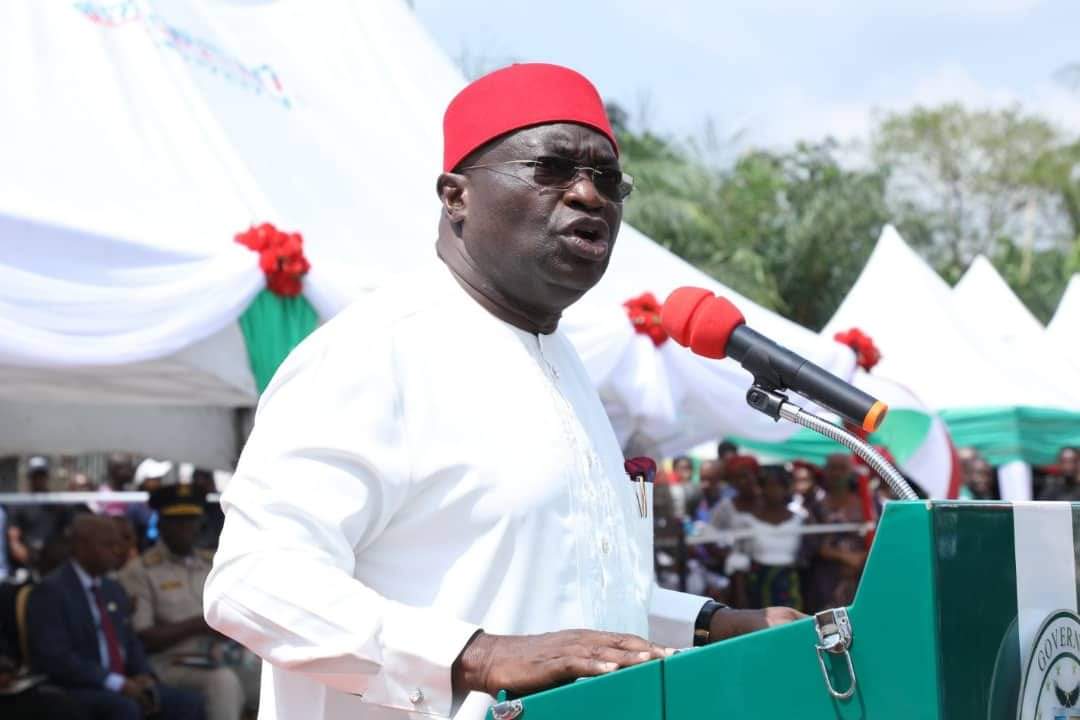The Chief Justice of Nigeria will earn a total wage of N64.68million every year, broken into N5.3million monthly if the proposal currently at the final stage of passage at the Senate eventually sails through, is eventually signed into law by President Bola Tinubu, since the House of Representatives has already passed it.
It is contained in the bill seeking to increase the salaries of judicial officers in Nigeria, which will also see Supreme Court judges earning N50.52million yearly or N4.21million every month, President of the Court of Appeal earning N4.8million monthly or N57.60million yearly, while justices of the second tier court would go home with N44.76million yearly or N3.73million monthly.
Entitled: “A bill for an act to prescribe the salaries, allowances and fringe benefits of judicial office holders in Nigeria and for related matters (2024),” the proposal is sponsored by Deputy Majority Leader Ashiru Yisa (APC-Kwara South).
The House of Representatives had on March 20 passed the bill originating as an executive bill from Tinubu, who had pledged to up the pay package of judicial officers across the country, under which arrangement the Chief Judge of the Federal High Court, President of the National Industrial Court, Chief Judge of the FCT High Court, Grand Khadi, FCT Sharia Court of Appeal, President of Customary Court of Appeal, Chief Judge of State High Court and Grand Khadi of State Sharia Court of Appeal and President of State Customary Court of Appeal are to earn a monthly package of N3.53 million.
Other allowances not embedded in the total monthly package include leave allowances, estacode per night of $2000 when applicable, duty tour allowances when applicable, severance gratuity of N80.78 million after successful completion of tenure as well as an option of motor vehicle loan to be repaid before the expiration of tenure.
It would be recalled that President Bola Tinubu had in a letter read by Senate president, Godswill Akpabio, during plenary on March 20 proposed a salary increase for judicial officers in the country.
The President in the letter argued that the bill would promote the independence and capacity of the Nigerian judiciary system.
Senator Yisa in his lead debate said remuneration was needed to reflect the contemporary socio-economic realities of the times.
He argued that the proposed legal framework would bring about significant improvement in the welfare, capacity, and independence of the judiciary, which have remained contentious issues of public discourse over the years.
In his contribution, the deputy president of the Senate, Senator Barau Jibrin, thanked President Tinubu for proposing a Bill to increase the salaries and allowance for Judicial Officers in the country.
Barau said: “I joined the President of the Senate to commend President Bola Ahmed Tinubu for bringing forward this Bill. This is very important and he has done well, not only for the judiciary but for the entire nation.
“Mr. President, by the nature of the judicial officers, they don’t agitate. They cry in silence, and they don’t speak out. Other workers agitate, and they stage protests. But the judiciary doesn’t talk; they cry in silence.
“Now, the president of the country has spoken for them. What he did is something laudable and we are applauding him here. Because a country that didn’t take its judiciary in a very important passion is doomed.
“And when you want to take the judiciary seriously, you have to take the remuneration of the judiciary staff seriously. That is very important, and that is what he has done. They have stagnated for several years.
“What the president has done should be supported and we will give him more support to continue to work on this kind of trajectory for the development of the nation. So, Mr. President, I joined you and other colleagues to commend President Bola Ahmed Tinubu.”
Senator Mohammed Monguno (APC – Borno North) Monguno, said improving the welfare of judges will insulate them from corruption and ensure they deliver just and fair judgments.
On his part, Senator Orji Uzor Kalu (APC-Abia North), said: “No right-thinking Nigerian will not think that it is right to keep the judiciary comfortable. I want to thank the executive for deeming it fit to increase the salaries of judges at all levels.”
Senators later approved that the bill be read for a second time when it was put to voice vote by Akpabio.
Akpabio thereafter referred the Bill to the Committee on Judiciary, Human Rights, and Legal Matters for further legislative input and to report back in four weeks.

 News3 weeks ago
News3 weeks ago
 News4 weeks ago
News4 weeks ago
 News1 week ago
News1 week ago
 Columns2 weeks ago
Columns2 weeks ago
 News4 weeks ago
News4 weeks ago
 News3 weeks ago
News3 weeks ago
 News4 days ago
News4 days ago
 News6 days ago
News6 days ago



















